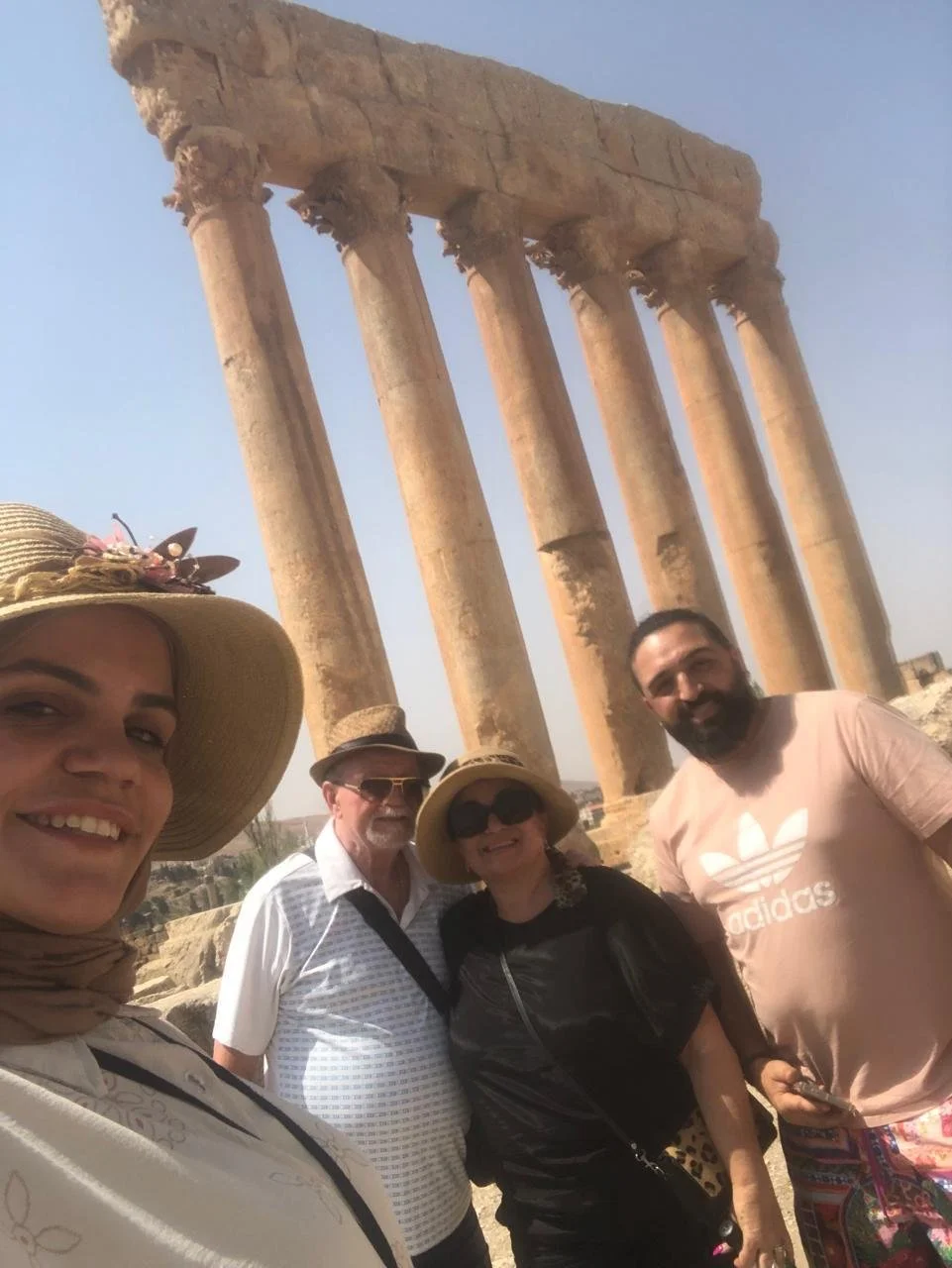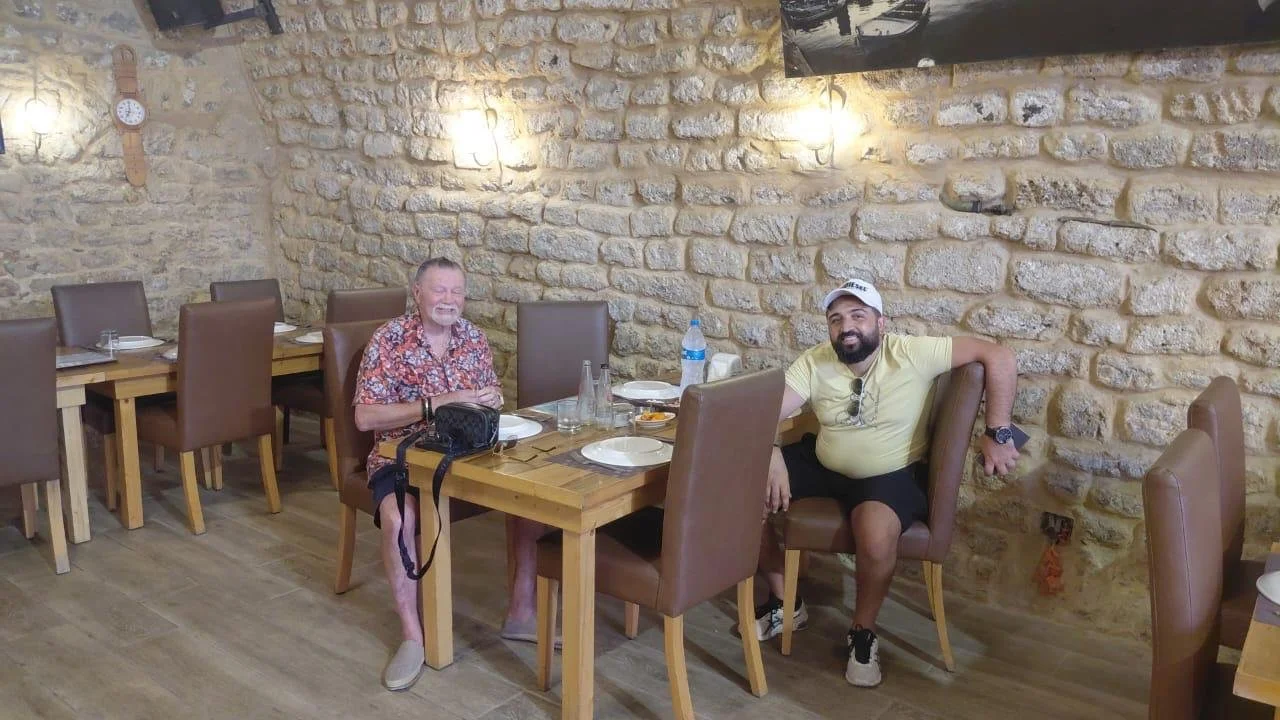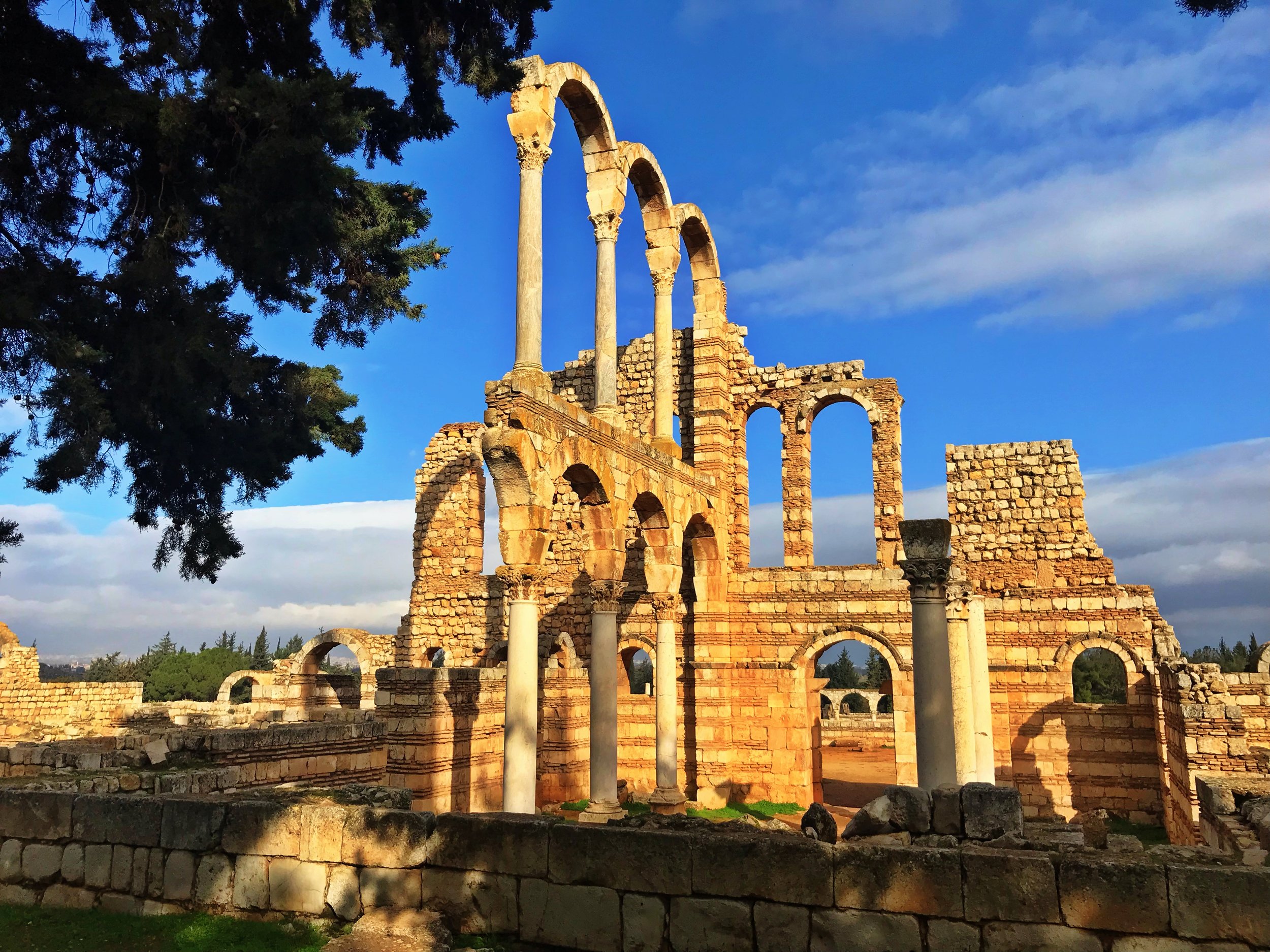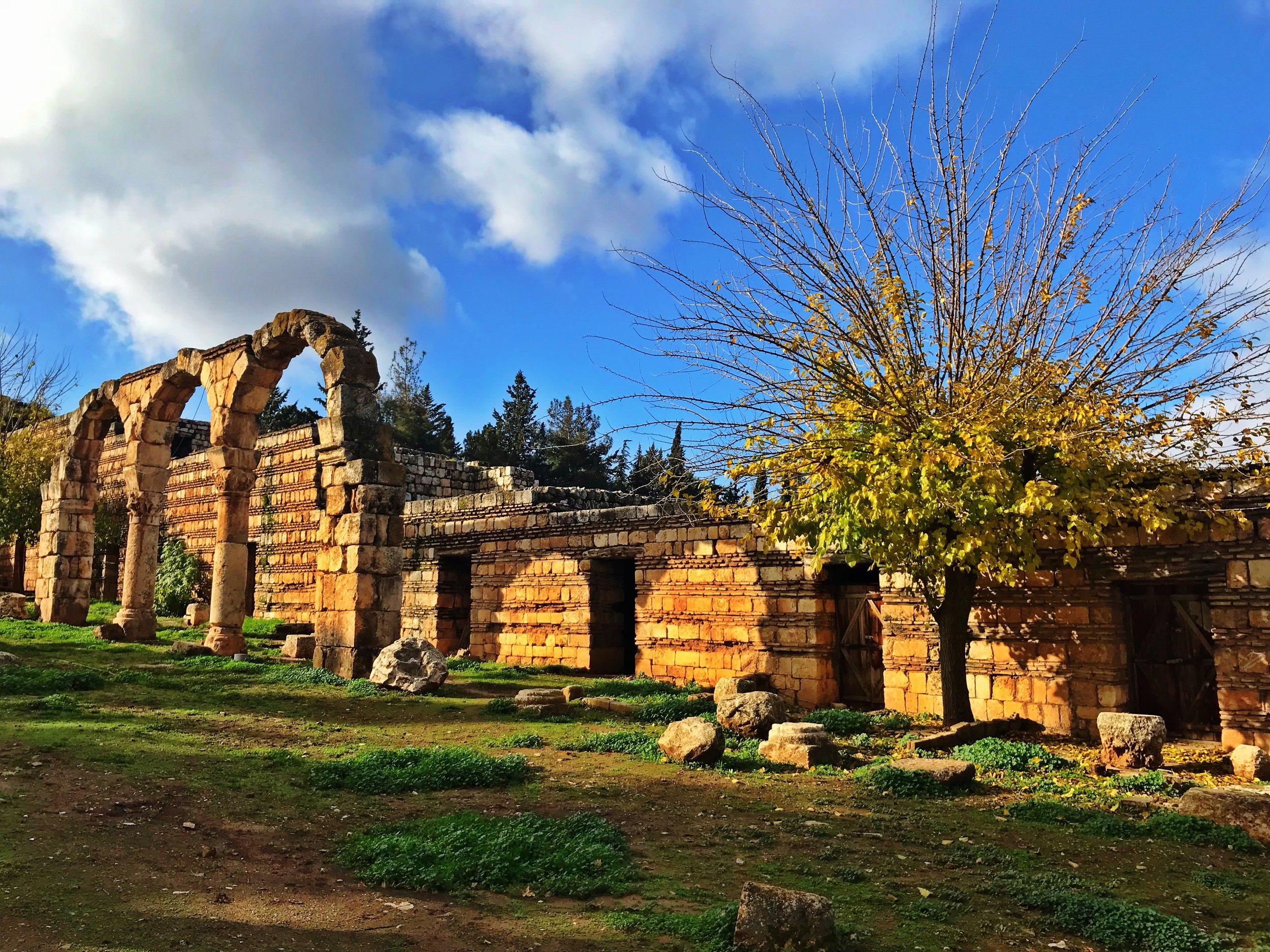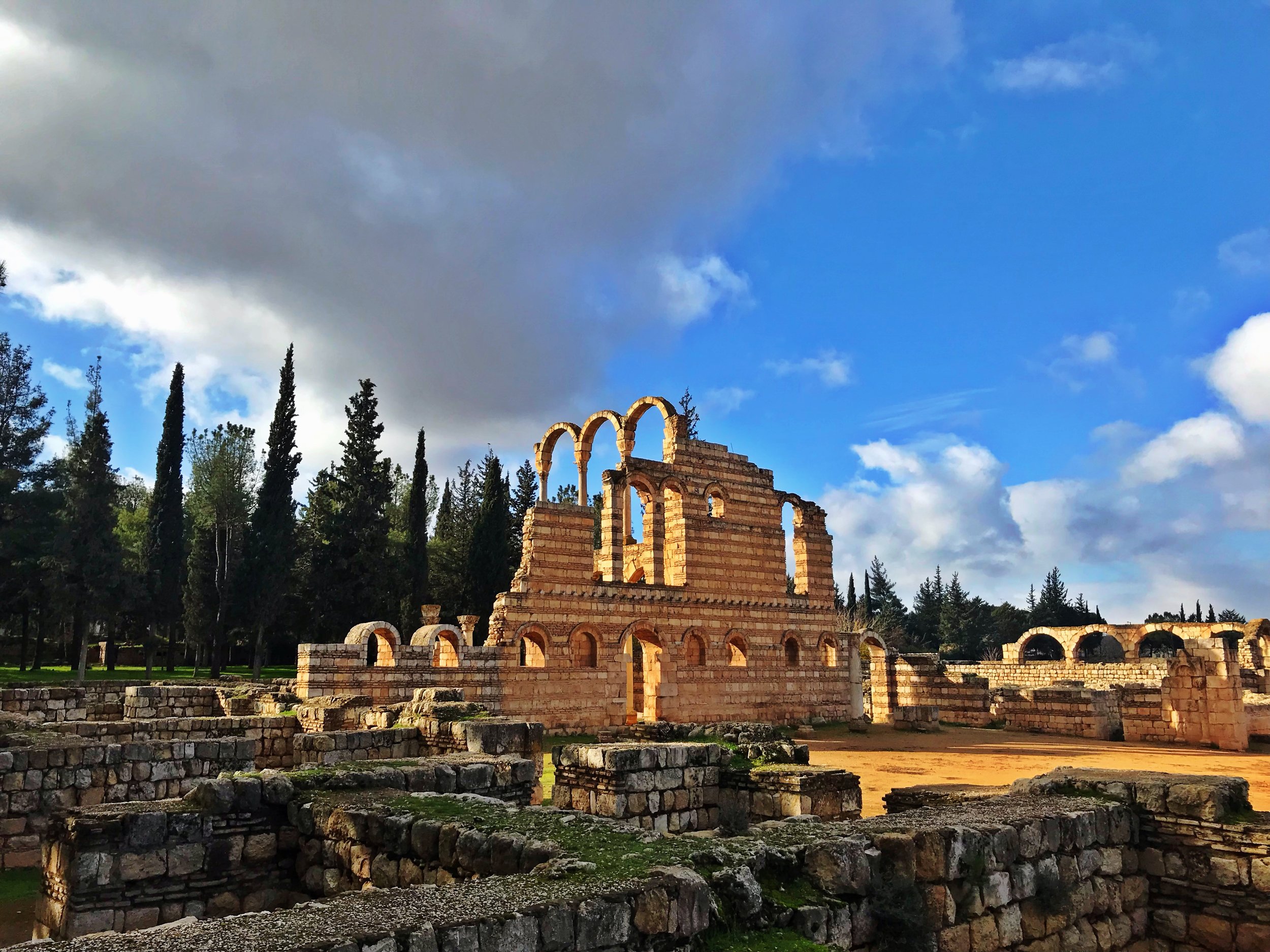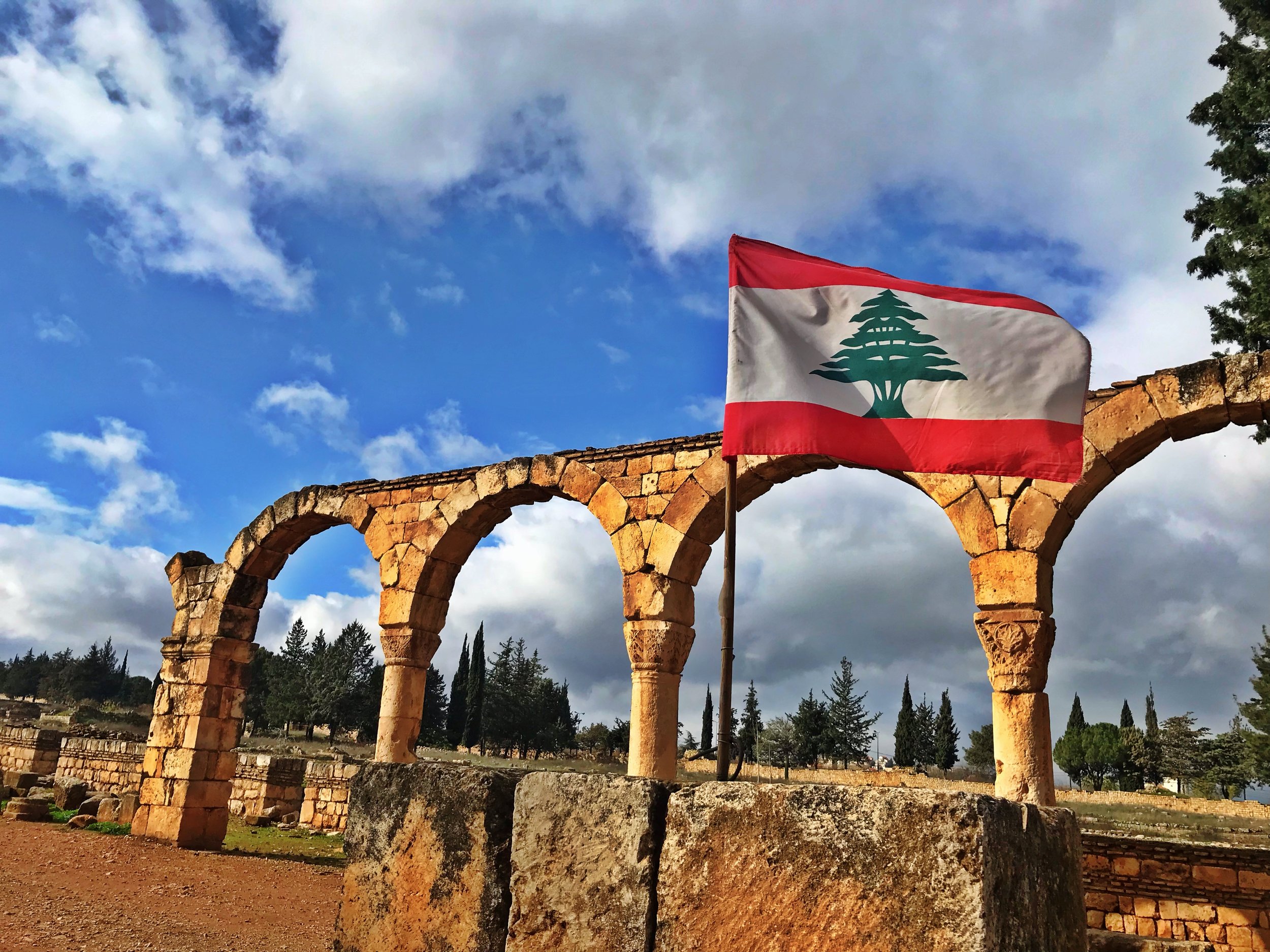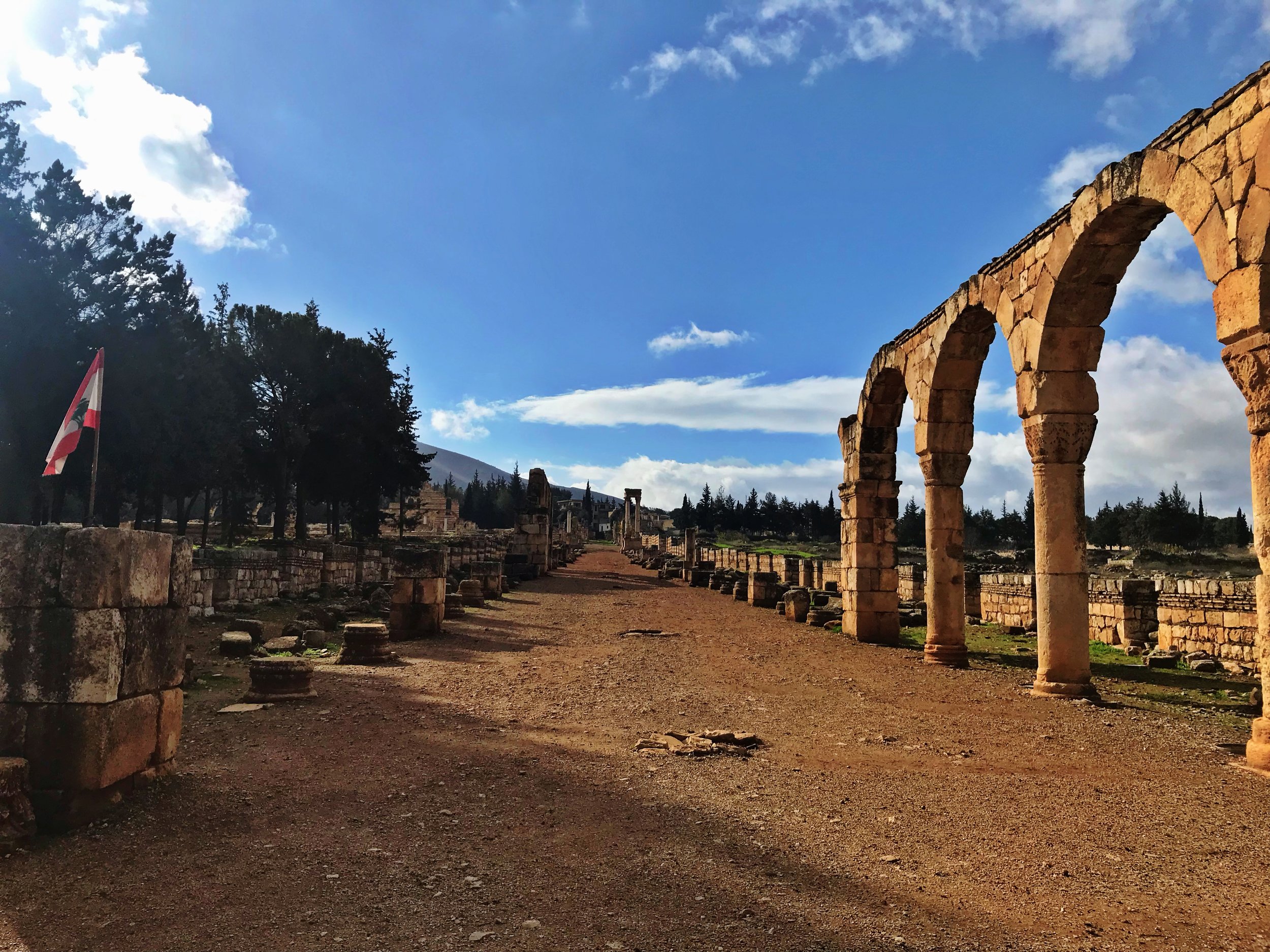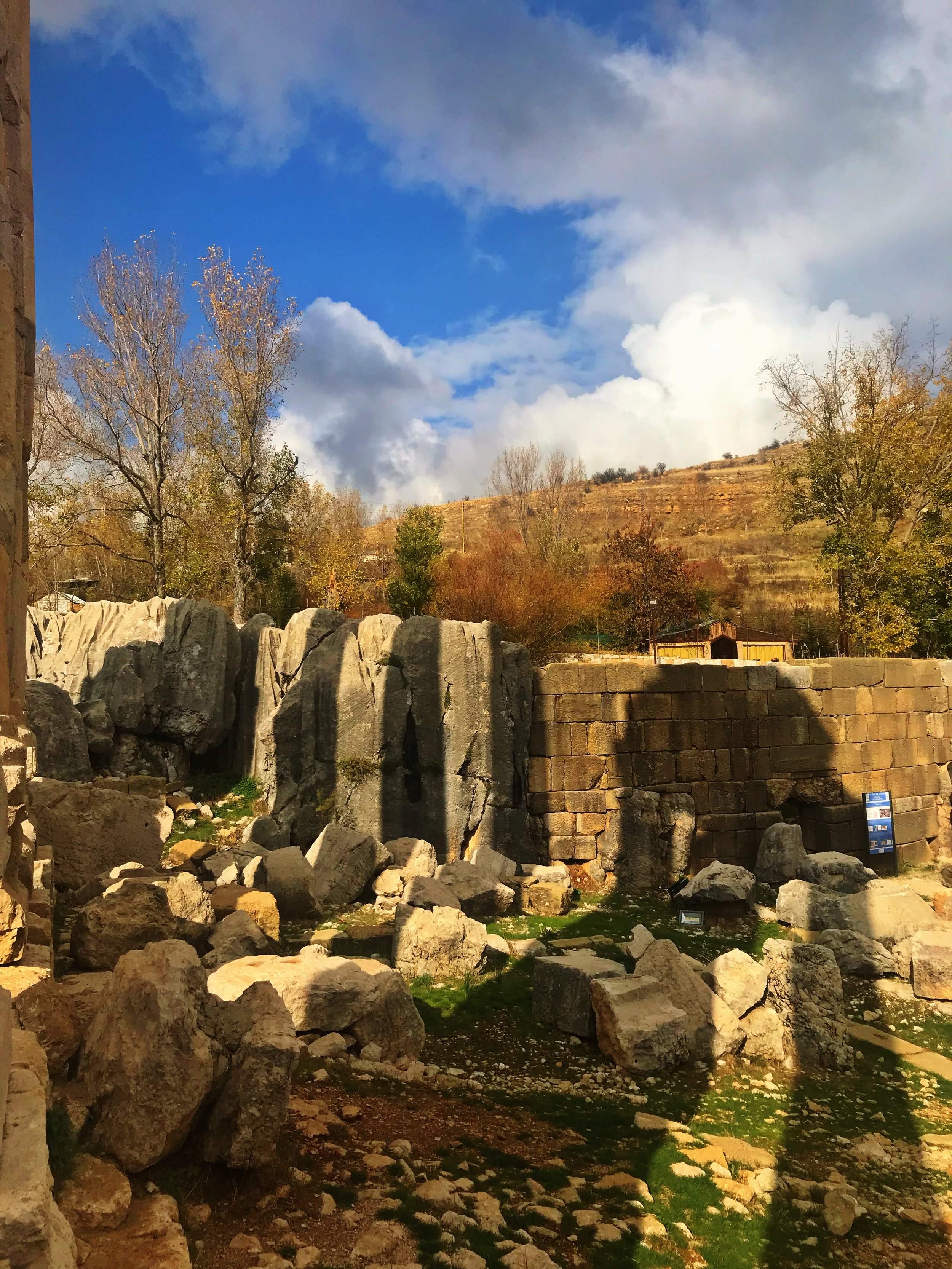This week, we had the pleasure of welcoming guests from Italy for a two day private tour with Explore Lebanon Tours.
Day 1: Baalbek , Anjar , Ksara
With our licensed guide, guests explored the grand Roman temples of Baalbek, the Umayyad ruins of Anjar, and enjoyed a wine tasting at Château Ksara with many hidden spots and gems discovered along the way.
Day 2: Tyre , Sidon
We headed south to explore Tyre and Sidon, visiting the Roman Hippodrome, Sidon Sea Castle, the old souks, the Egyptian port, and more with plenty of off the beaten path treasures revealed by our expert guide.
As always, we’re proud to offer unforgettable experiences at competitive prices, combining iconic landmarks with authentic local charm.
If you would like to visit these spots as part of your tour please email info@explorelebanontours.com or visit www.explorelebanontours.com


